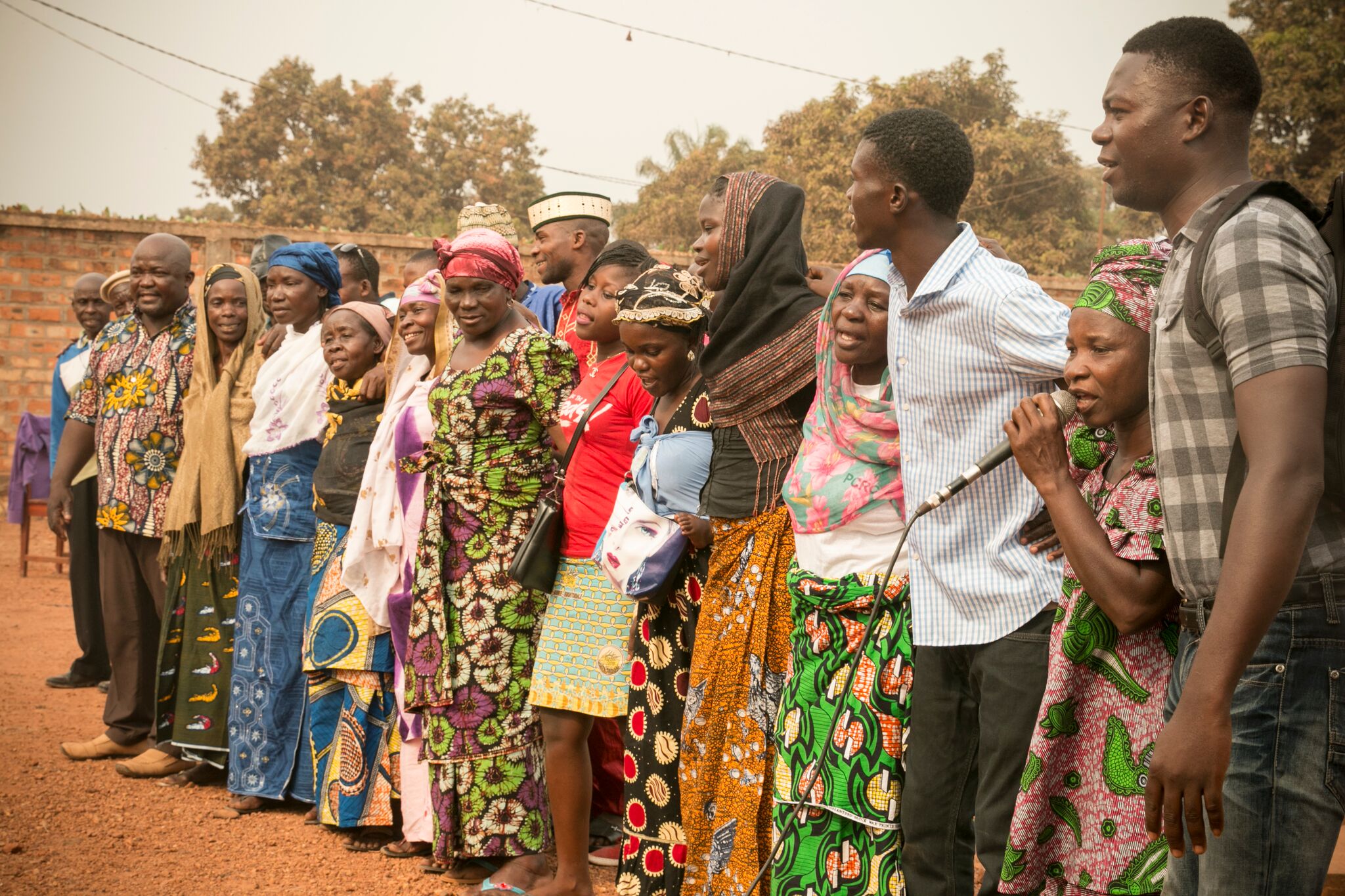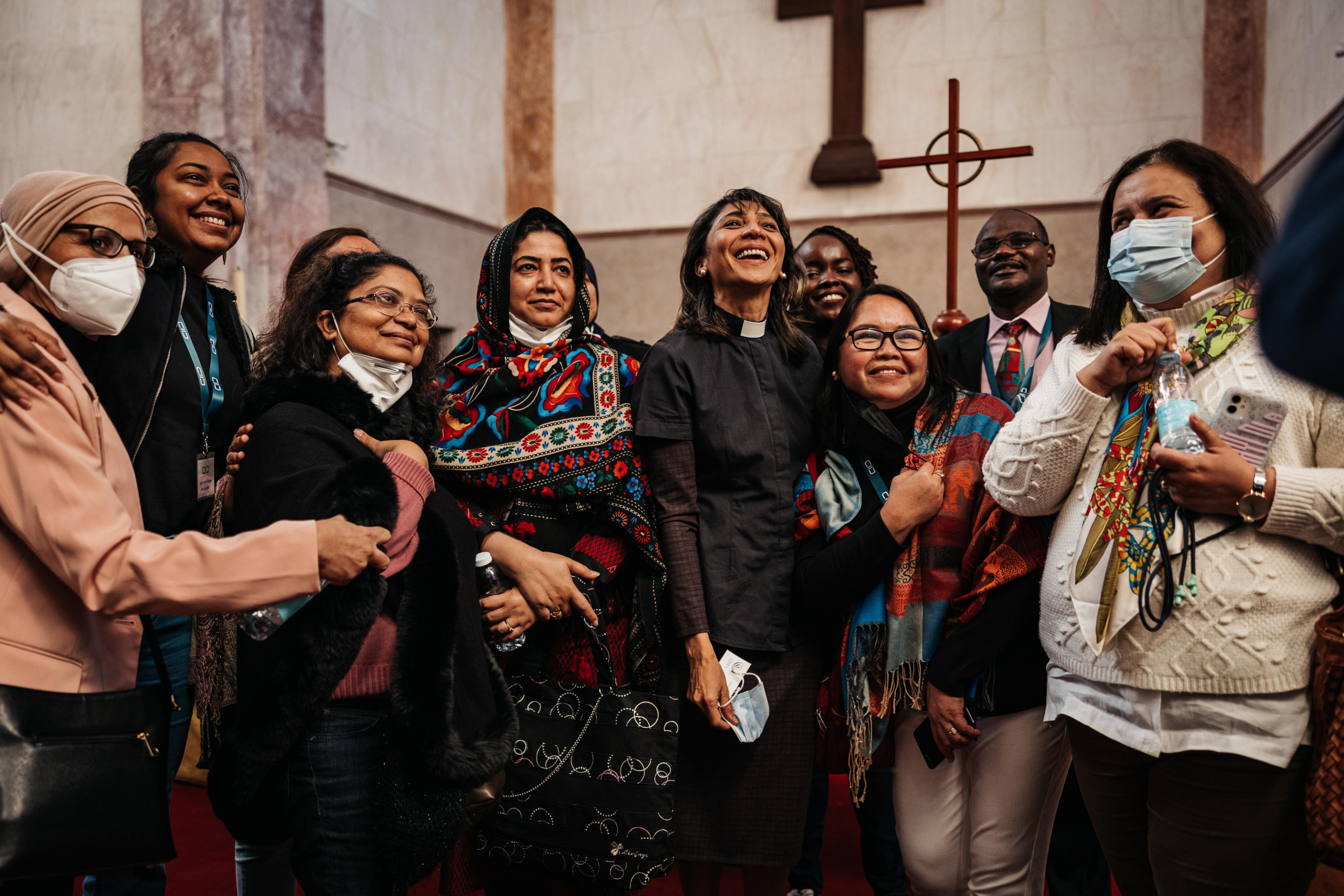Dialogue Voices
The Dialogue Voices are personal accounts of interreligious commitment and experience. They show approaches to, and forms of, interreligious dialogue, and its impact and context on a local, national, or global level. They represent a cross-section of dialogue experiences and its impact worldwide.
Supporting Women through Interreligious Dialogue in Malaysia
The former Sisters in Islam Program Manager speaks about the theological basis of the organisation as well as its objectives and acitvities with other religious and non-religious groups.
Sisters in Islam (SIS) is a Malaysian feminist NGO. Founded in 1987 by Zainah Anwar, who led the movement for 20 years, this association fights for the rights of Muslim women, in order to remember how Islam has given them their dignity in a context where they were bullied and enslaved. It also promotes gender equality and justice in Malaysia but also worldwide. The SIS group is particularly unique bringing together Sunnis and Shiites.
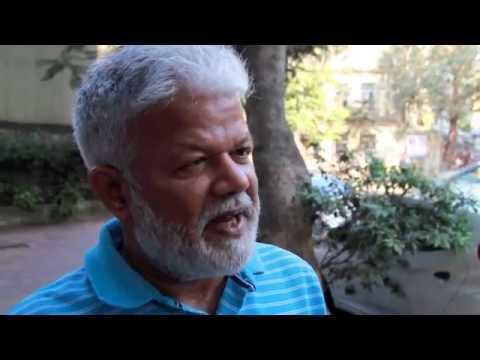
Striving for Peaceful Coexistence in India
Anand Gokani speaks about living together, modernity and the possible drifts of a society that would rest only on individualism. He especially calls for young people to strive towards a world where humankind lives peacefully together.
Anand Gokan is the great-grand son of Mahatma Gandhi and works as a physician and diabetologist. He supports and promotes a wholesome and sustainable approach to health and healing.
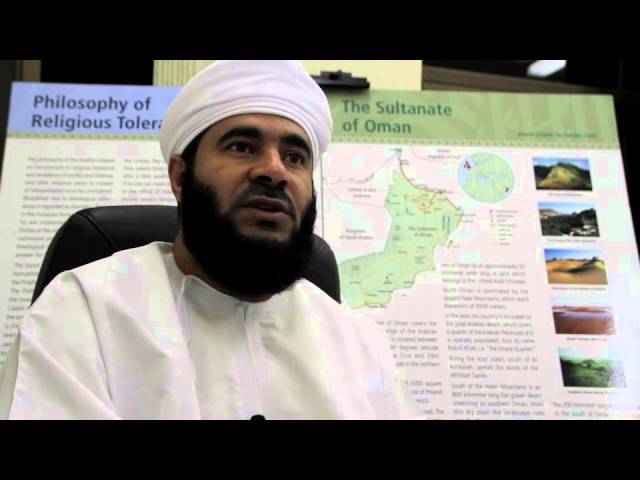
Spreading the Message of Coexistence in Oman
Mohammed Said Al-Mamari speaks about the importance of dialogue and the impact the exhibition has had so far.
The exhibition «Tolerance, Understanding, Coexistence –Oman’s Message on Islam» was designed by the Omani Ministry of Endowments and Religious Affairs, Mohammed Said Al-Mamari, and backed by the Arab Brazilian Chamber of Commerce. The exhibition features books written in Arabic and 44 panels of photographs and texts recounting the history of Oman, highlighting its culture, architecture, the role of women in society, arts and handicraft. The panels also show that in Oman, Islam, Christianity and Judaism coexist in harmony, as do the Islamic branches of the Sunnis, Shiites and Ibadis.
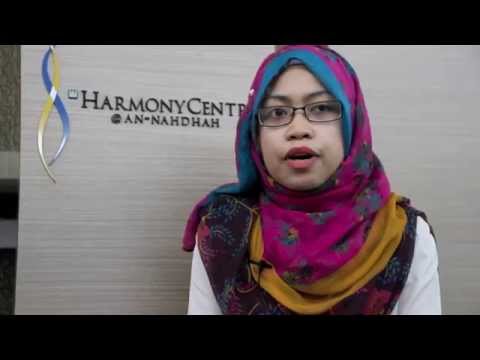
Empowering to Interreligious Dialogue in Singapore
The Senior Executive of the Harmony Centre speaks about the Centre’s activities and objectives. Furthermore, she provides insight in how dialogue can contribute to conflict resolution and social cohesion.
The Harmony Centre @An-Nahdhah was opened by the Prime Minister of Singapore, Lee Hsien Loong in 2006. This interfaith complex symbolizes one of the Islamic Religious Council of Singapore’s efforts to create a greater understanding of Islam and Muslims amongst the multi-racial population of Singapore. The Harmony Centre conducts interfaith dialogues, training and seminars on a regular basis.
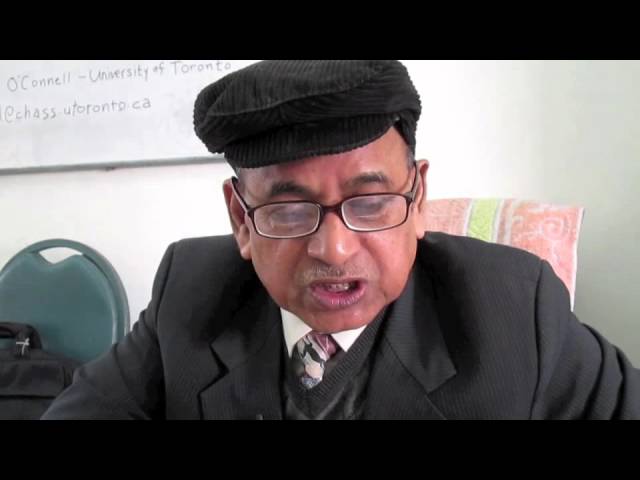
The Importance of Knowledge about the Other in Bangladesh
The Director of the Centre for Interreligious and Intercultural Dialogue at the University of Dhaka shares why he started to become involved in interfaith issues to begin with and why he thinks knowledge ist the most important basis for any interfiath endeavour.
Bangladesh is a Muslim majority country that is known throughout the world as a country of interreligious and intercultural harmony. The University of Dhaka in Bangladesh has taken a pioneering role in establishing a Centre for Inter-religious and Intercultural Dialogue (CIID), whose Director is Prof. Kazi Nurul Islam. The Centre is involved in several activities such as intercultural dialogues and studies, seminars and workshops etc.
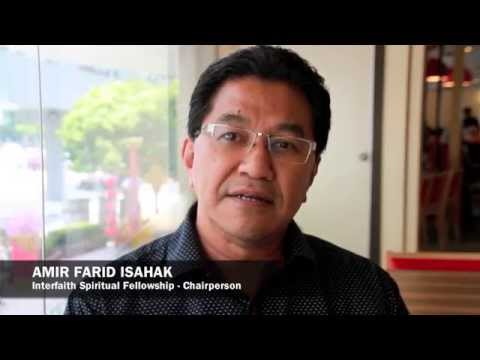
Approaches to Interreligious Dialogue in Malaysia
In Malaysia, Amir Farid Isahak is engaged in interreligious and the chaorperson of INSAF since 2000. He speaks about his approach to interreligious dialogue which requires to stay open and accessible but has so much to offer.
The purpose of Interfaith Spiritual Fellowship is to provide a platform and means for people of different faiths to come together to promote common principles contained in all religions, thereby fostering unity in diversity.
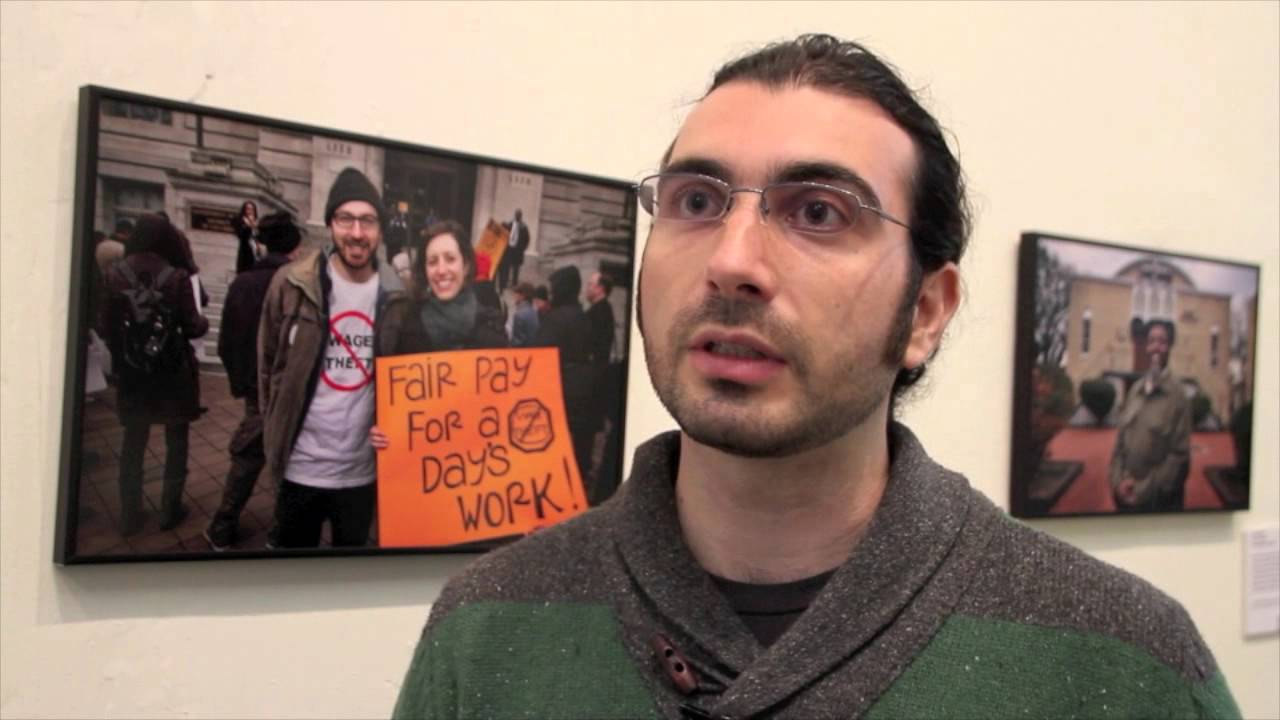
Mapping Interfaith Engagement Locally in the United States
Jack Gordon explains how he hopes to contribute to interfaith endeavours and what will be crucial for the development of interfaith work in Washington and all over the world.
Faith in Action DC is a multimedia project that documents and celebrates the community service and social justice work of diverse people of faith throughout the Washington DC region. Faith in Action DC’s producer, Jack Gordon, is capturing images of the work of religious institutions, groups, and individuals who are serving the DC area. Through this project, local people of faith promote the Washington DC area as a model of interfaith cooperation for the common good.
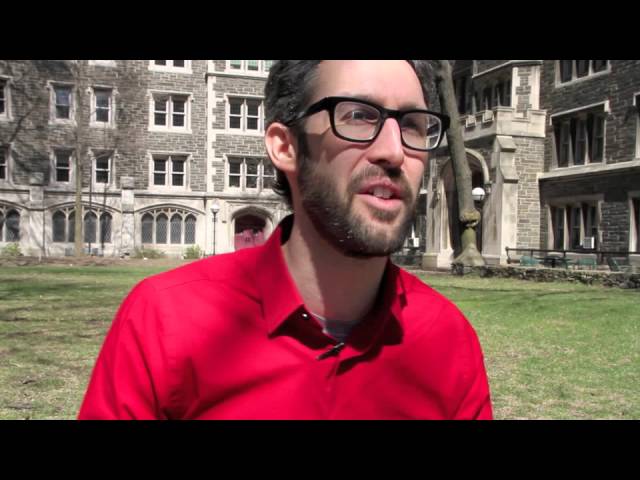
A Model for Local Interfaith Grassroots Engagement in the United States
Frank Fredericks explains the World Faith model of interfaith engagement and stresses how interreligious activity especially by young people holds a huge potential for social justice.
World Faith is an international NGO founded in 2008 by Frank Fredericks. The organization’s stated mission is to «counter religious extremism and strife by demonstrating how faith can inform work for unity and peace, rather than hate, war, and division». They aim to promote opportunities for interfaith dialogue through community service projects to foster genuine dialogue that is built around the shared values of service and to inspire project participants to build cross-identity friendships and strengthen the understanding of other religious traditions.
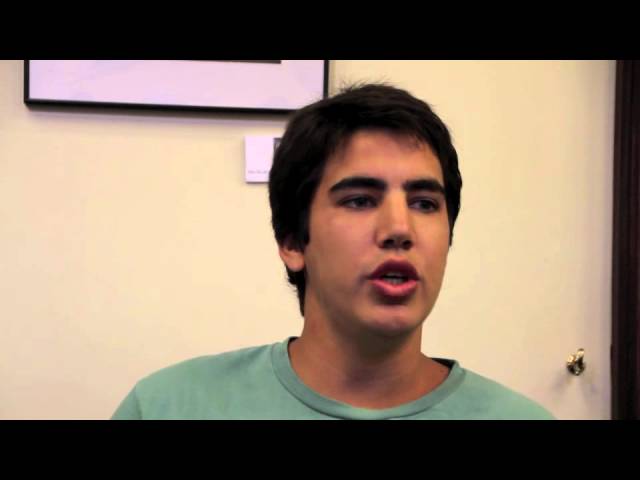
Building Bridges through Interreligious Activity in Argentina
Tomas shares his first experience with interfaith situations and how he is involved in interfaith acitvities at the moment. In his message to other young people being interested in interfaith engagement, he calls for an open heart which he is convinced leads to great interfaith situations.
Bridge Builders is a project consisting of an interfaith group of young Christians, Jews, and Muslims especially, which aims to promote constructive relations of understanding in common areas of study and engagement. The group also promotes solidarity actions throughout the entire community.
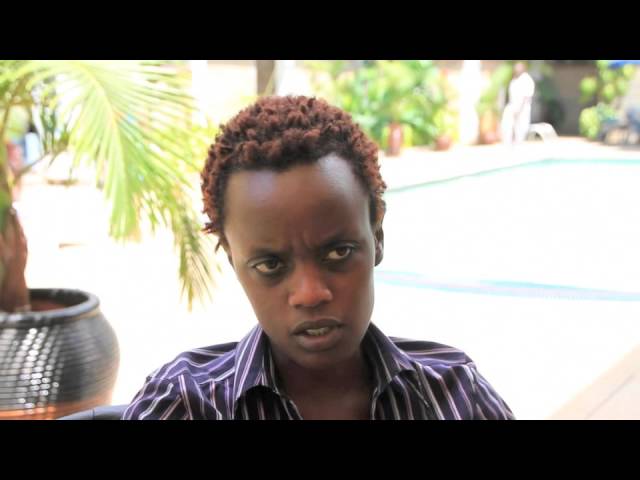
Changing Livelihoods through Interfaith in Kenya
Speaking about the changing interfaith situation in Kenya, Nyambura Mundia also shares her hopes regarding what interreligous engagement can achieve and help with.
Speaking about the changing interfaith situation in Kenya, Nyambura Mundia also shares her hopes regarding what interreligous engagement can achieve and help with.
The idea for United Religions Initiatives (URI) came to the Californian Episcopal Bishop William Swing in 1993, after an invitation by the United Nations to host a large interfaith service in San Francisco, marking the 50th anniversary of the signing of the UN Charter. It is a global grassroots interfaith network that cultivates peace and justice by engaging people to bridge religious and cultural differences and work together for the good of their communities and the world. They implement their mission through local and global initiatives that build the capacity of their more than 600 member groups and organizations, called «Cooperation Circles».

